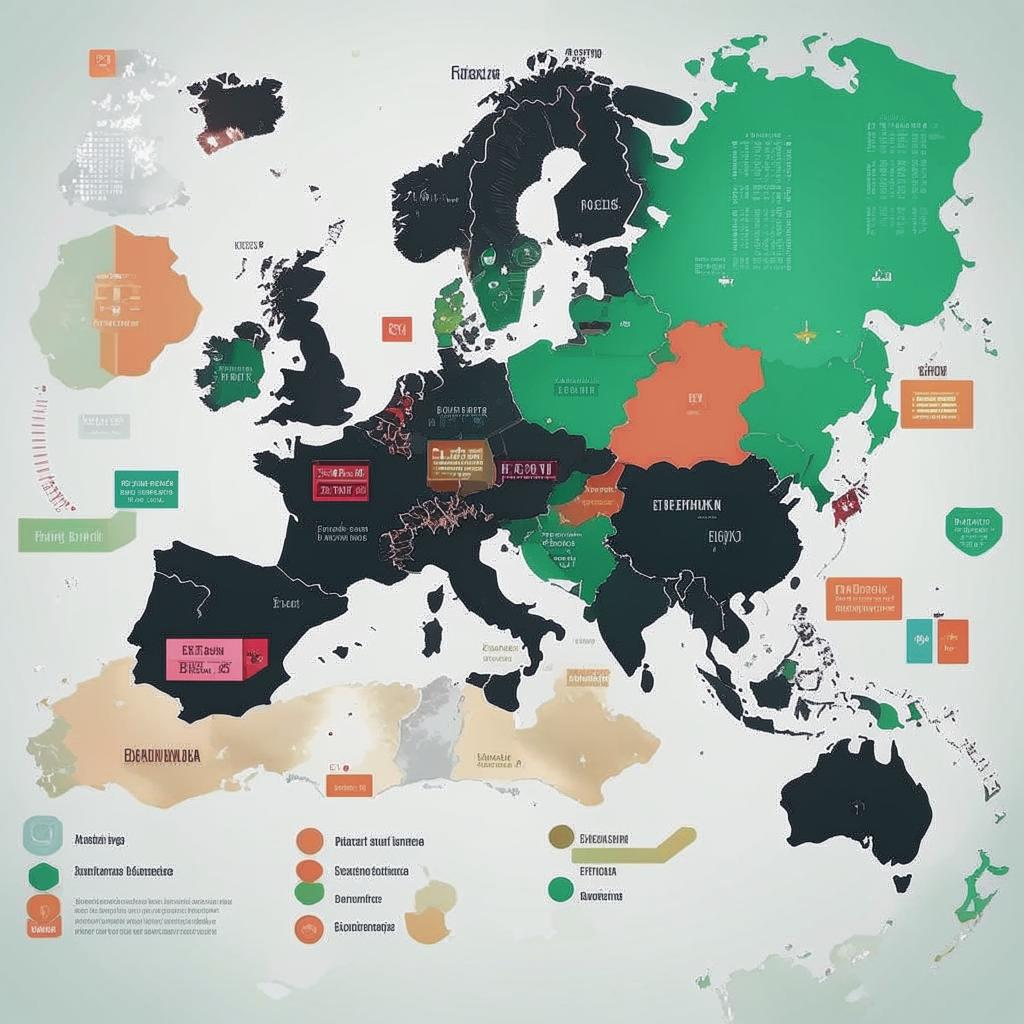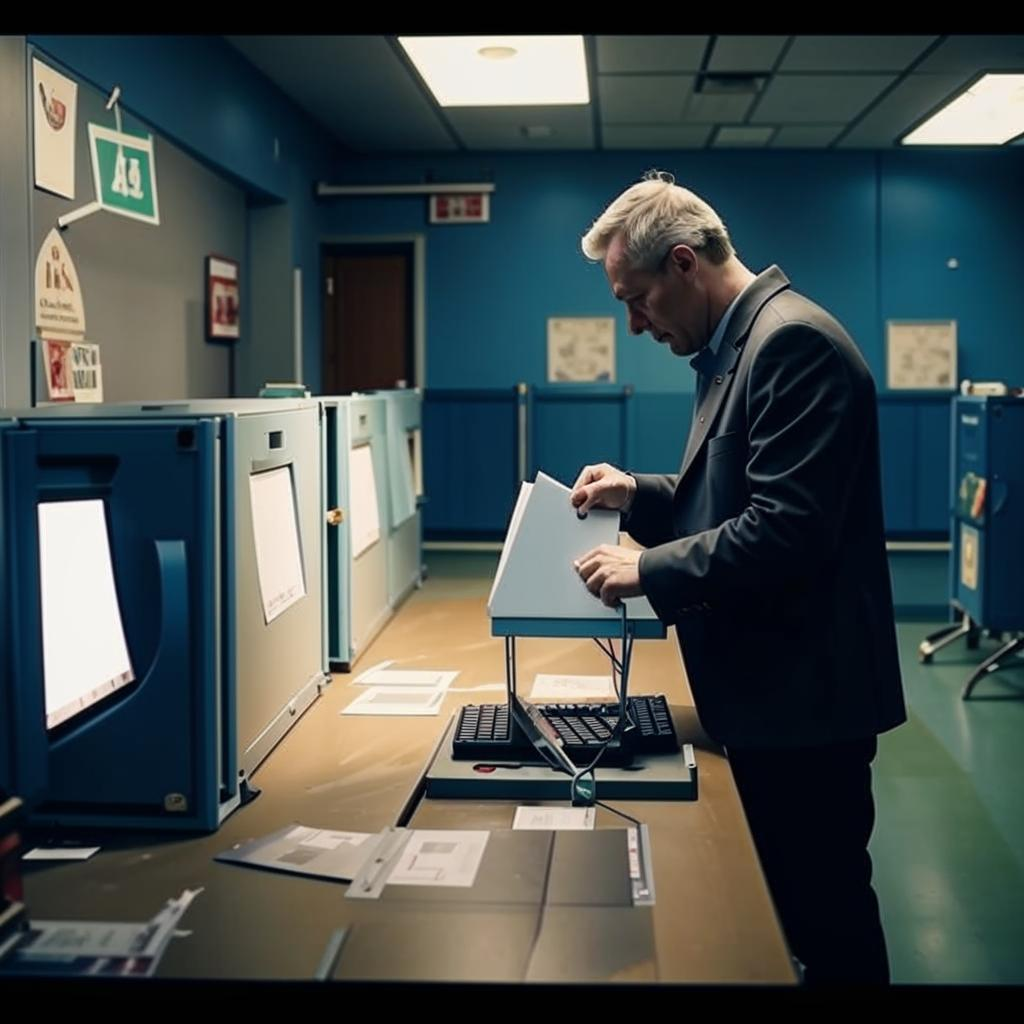Remote work reshaped work after the pandemic. Productivity remained strong, dispelling initial fears. Many companies are rethinking their real estate needs, leading to a decline in commercial property value as office buildings sit empty. The shift towards remote work revealed disparities, especially for workers lacking resources for their home office setup.
The future appears hybrid, blending remote and in-office work. Companies are finding the right ways to balance employee wants with team collaboration needs. Technology plays a vital role and investment in communication and collaboration tools will increase. This will impact commuting, urban planning, and work-life balance.
While initial fears focused on productivity decline, many found they could produce the same amount or even more. The remote work shift challenged traditional work structures and highlighted the importance of flexibility and employee well-being. However, challenges remain in ensuring equal opportunities and overcoming the social isolation that can arise from remote work. The digital divide also becomes more pronounced. In conclusion, remote work has proved its enduring impact as it will influence future decisions made by business professionals. Finishtit












